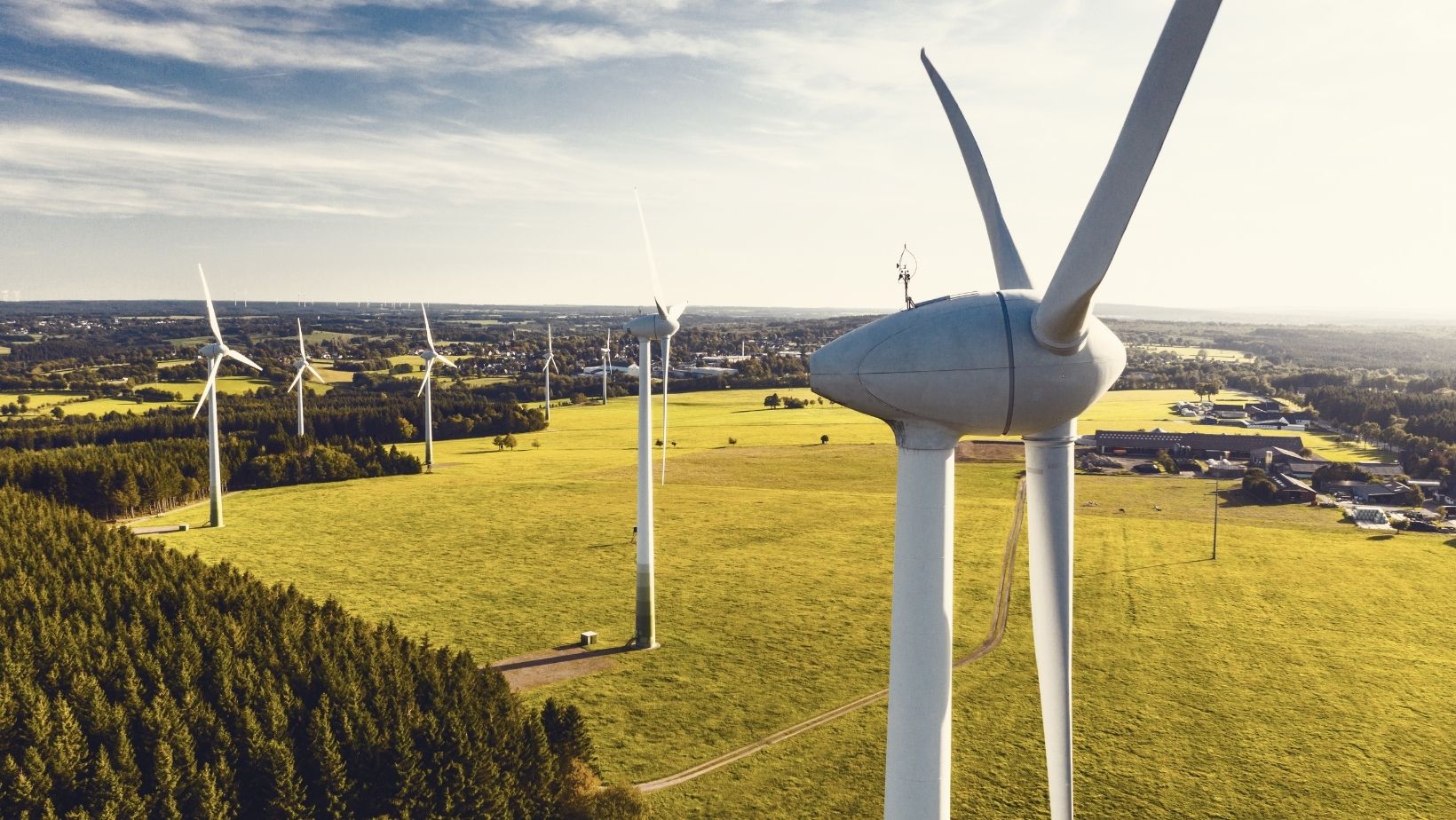Draft Energy Union to improve the security and competitiveness of the European economy
On 25 February 2015 the European Commission adopted a strategy to build an Energy Union to improve the EU energy security. It implements the project proposed by Donald Tusk last spring, when he was Polish Prime Minister. In the face of increasing threat to energy security of the European Union and particular Member States the establishment of an European Energy Union based on fully integrated internal energy market with a substantial share of renewable energy sources seems to be the only right direction for the EU.
In accordance with the presented materials the European Union priority is to improve Europe’s energy security through diversification of resource supplies and generation sources, in particular through RES development. The EC estimates that increasing production of renewable energy will allow for avoiding at least €30 billion in fuel import costs[1].
The European Commission acknowledges the potential of RES in the context of energy production as well as the European industry and the R&D sector. Europe is the leader in RES technologies and aims to maintain that position. The draft Energy Union assumes that the Europe’s position in RES investments will be maintaned. The EC emphasizes that annual turnover of the European RES industry amounts to €129 billion on average. Moreover, the industry employs more than one million people. European companies hold 40% of global patents related to RES technology.
Currently, Europe is importing 53% of energy, what costs the EU more than €1 billion per day, making it the largest energy importer in the world. Simultaneously, in accordance with the European Commission, each 1% increase in energy savings enables gas imports to decrease by 2.6%. Other market elements, including energy efficiency, also require modification (75% of housing resources are energy inefficient). This means that the achievement of the Energy Union goals will require a transformation of the European energy system and cannot succeed without the Member States’ cooperation.
Furthermore, an opportunity for offshore wind energy arises. The European Commission committed to work together with Member States from the Baltic Sea area to decrease the costs of the technology. This may be a turning point for Poland, planning to develop offshore wind energy.
Time for Poland
The adopted proposals continue the Europe’s energy strategy based on a strong European energy market and the development of new, zero-emission energy technologies. This is also an incentive for a deep transformation in Poland. The draft creates tools which, if correctly used, will help us to become the leader in Central and Eastern Europe. Considering the energy system as a whole we should develop a concept of a deep energy transformation this is a perfect moment to make far-reaching, bold strategic decisions. Without an ambitious investment plan and a strong will of its implementation we will increase our dependency on the import of energy and resources. The update of the Energy Policy of Poland constitutes a perfect opportunity to establish a strategic framework for the transformation of the Polish energy sector, considering the path taken by the European Union not only in the context of implementation of the climate and energy package, but primarily the need to improve Europe’s energy security.
A breakthrough?
The Energy Union concept constitutes the first step towards a sustainable, zero-emission economy. However, Jerzy Buzek, Head of the European Parliament’s Committee on Industry, Research and Energy, said that a political will among the EU countries is required for the breakthrough to really occur. One has to remember that the Energy Union is a broad concept including both electricity and gas markets, which has to be fully integrated with the European climate protection strategy as well as the targets set for 2030 and beyond – up to 2050. To effectively exploit the opportunities given by the Energy Union a strict cooperation between the Member States and a clear vision of the energy sector individually developed by each of the States is necessary.
Further steps
The EC proposal will be discussed during the session of the Energy and Environment Council on 5 and 6 March as well as the European Counicl on 19 – 20 March. Moreover, the strategy is being supplemented with measures, including: an announcement of legislative proposals concerning the management of security of supply, the development of a new design of the European market, a legislative proposal securing the achievement of the 2030 targets or policies concerning the export of European RES technologies.
A Framework Strategy for a Resilient Energy Union with a Forward-Looking Climate Change Policy – HERE

